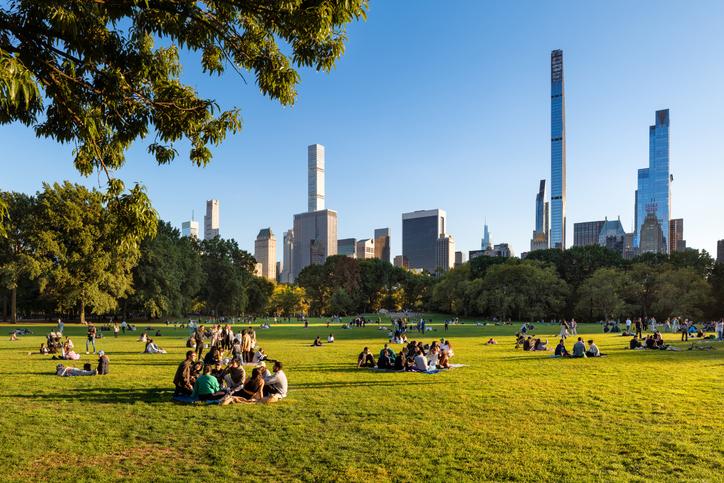Life in NYC comes with opportunities you won’t find elsewhere. Unfortunately, one of the compromises many people make to access that benefit involves the size of their apartment.
Square footage in the city comes at a premium, especially in Manhattan. In 2016, an analytics firm determined that the average apartment size in NYC built since 2000 is 866 square feet. More than 50% of the listings in competitive markets are less than 700 square feet.
Although laws were in effect that restricted their size to 400 square feet or larger, that changed in 2013 when Bloomberg invited developers to create micro-spaces. The Zoning for Quality and Affordability proposal in 2016 eased the restriction.
Since small spaces can be significant stressors, it helps to be proactive when managing these issues in a tiny apartment. These strategies can help you feel better while enjoying the benefits that prompted you to sign the lease.
Strategy #1: Use Room Dividers
Most tiny apartments have an open floor plan. Unfortunately, less privacy is available in different areas of your space. You don’t want to feel cramped, but it is equally stressful to be exposed constantly.
Room separators are also helpful for those video calls when work or school needs to happen at home.
Dividers create temporary areas where you can work with some peace, producing a change in your mindset while there. It helps you stay focused.
Strategy #2: Multi-use Furniture
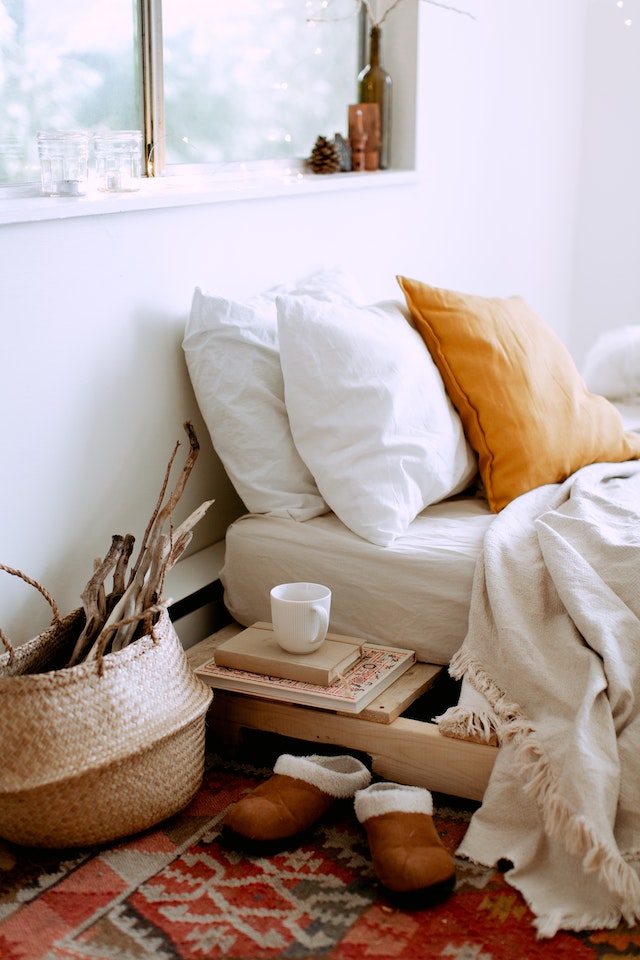
Maintaining small spaces is often more stressful than having a 2,000-square-foot home. In addition, clutter gets amplified when you have limited sight lines to enjoy in an apartment.
The best way to manage this issue is to invest in furniture that provides multiple functions. For example, when your seating can serve as your storage, you’ll have space to keep treasured items while staying organized.
Even with the extra storage, it helps to purge unused or unwanted items regularly. However, holding on can cause more stress to develop.
Strategy #3: Enhance the Natural Light
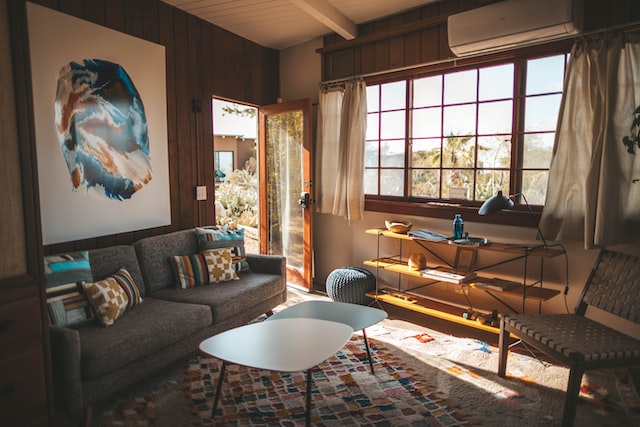
Open spaces feel more inviting to the average person. We receive a feeling of expansiveness in that circumstance, allowing the mind to reach a calm state. Conversely, anxiety can trigger panic attacks when tiny spaces without windows are where you find yourself.
People living in confined spaces often feel overwhelmed, have concentration challenges, and have more excellent physical responses to stress.
Try hanging mirrors across from windows and in other areas where light can reflect. This strategy makes the room feel more extensive because of how the sight lines change.
Cramped spaces don’t benefit from natural light when they aren’t organized. So don’t forget about the second option!
Strategy #4: Relax in a Different Space
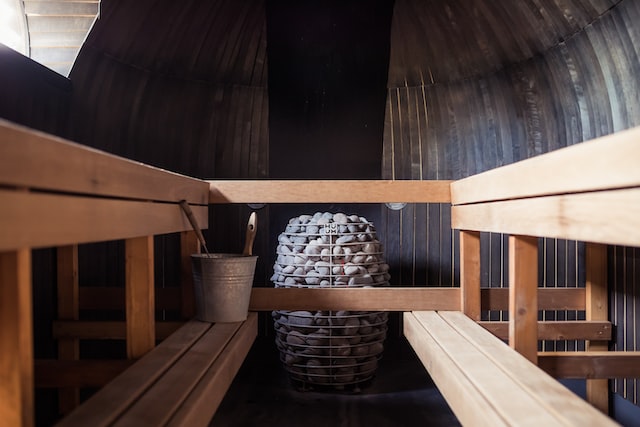
When you work at home, even do homework for school assignments, relaxing in a different space than where you take care of these responsibilities is essential.
It would help if you had a physical and a mental separation between the two to ensure the correct mindset. Creativity might be necessary to achieve this result if you live in a tiny apartment.
Simple techniques like changing where you sit or how a table faces when working versus relaxing can make a significant difference.
Strategy #5: Open the Windows
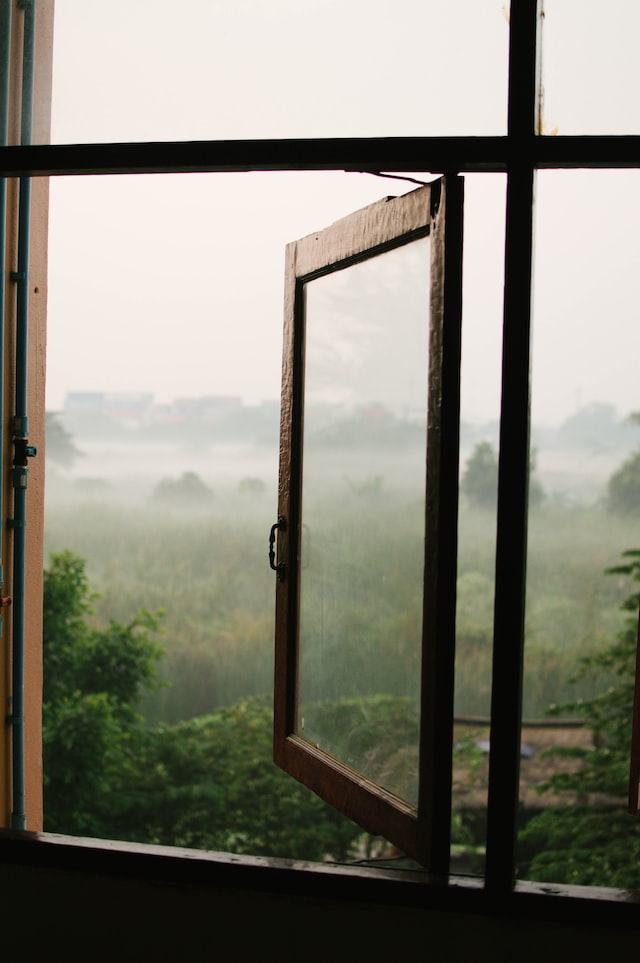
When a room feels closed, the fastest way to change that perception is to open a window. Even small, it’ll feel like a portal to the rest of the city.
Some windows might not open for various reasons. You’ll want to follow NYC building codes in this circumstance.
If you have a window that doesn’t open, place houseplants on the sill or in the area to make the environment feel more natural. Tall plants with large green leaves create an immediate positive impact.
Some houseplants can improve the indoor environment quality, which is another essential benefit if you spend a lot of time at home.
Strategy #6: Look for a New Place
A tiny apartment might have been the best thing for you two, five, or ten years ago. However, with how life has changed, it could be time to look for something bigger. Even looking for a new place can help ease the discomfort in your current circumstances.
After looking at the available listings, you can see if something better is available – or if what you’ve got now is still excelling.
Your home should be a place of refuge. These strategies can help you cope with some adverse circumstances, but they won’t solve every issue. For example, if you’ve decided it is time to move, our team can help you get your belongings to that new address safely and affordably.



